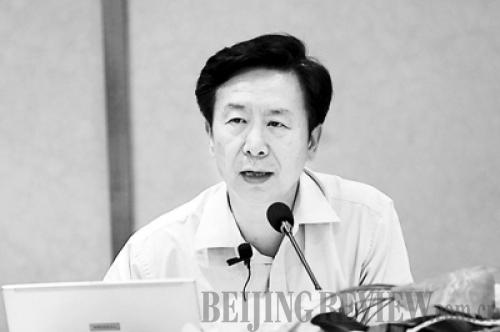|
 |
|
Su Hainan, Director of the Labor and Wage Institute of the Ministry of Human Resources and Social Security |
Increases in the costs of daily necessities in 2010 have greatly increased living costs for ordinary citizens, resulting in a demand for income distribution reform. "We are trying to make a bigger 'cake' while dividing the 'cake' more fairly," said Su Hainan, Director of the Labor and Wage Institute of the Ministry of Human Resources and Social Security.
Su believes that the determining factors for wage increases will be GDP growth, policy changes and variances in supply and demand in the labor market. The main problems for income distribution reform lie in the massive gap between China's rich and poor, as well as a lack of organization. "In addition to affecting the lives of China's citizens, these problems could eventually become larger and ultimately threaten social stability. These problems must be given proper attention and solved quickly," said Su.
Income distribution reform has been on the table since 2006, when the Political Bureau of the CPC Central Committee held conferences on the topic. However, there has been no substantive progress in the area since then. | 